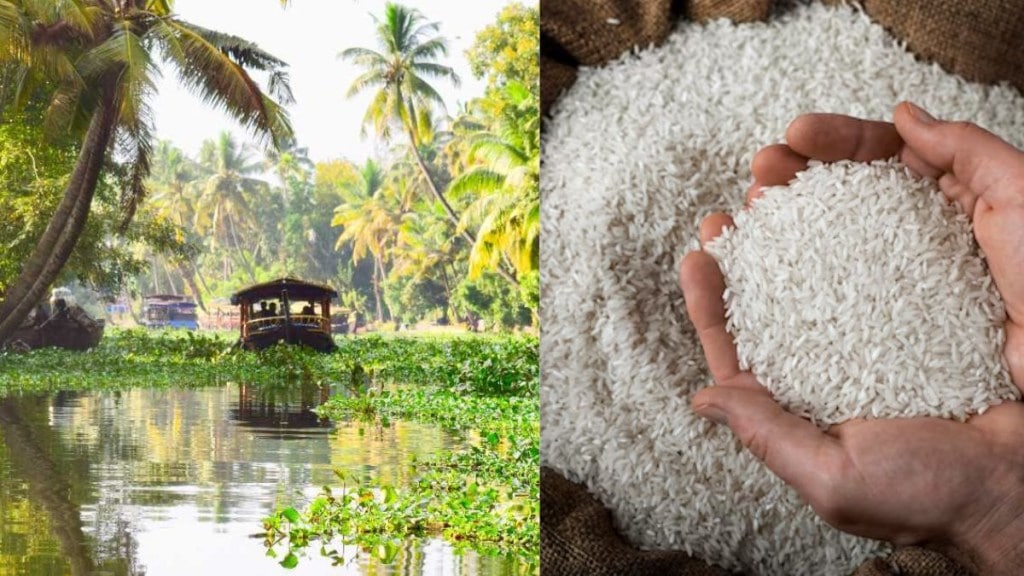Kerala formally announced a historic milestone today on Kerala Piravi Day. It has successfully eradicated extreme poverty. With this, the state has become the first state in India to officially declare itself free from extreme poverty.
The declaration follows the success of the state government’s Extreme Poverty Eradication Project (EPEP), launched in 2021. The initiative sought to lift families living in severe deprivation out of extreme poverty.
These were people who, regardless of existing welfare programs, were still excluded due to missing documents or other barriers. Kerala’s approach combined detailed surveys of the population.
Roadmap to the milestone
Extreme poverty, according to the World Bank, means living on less than Rs 180 per person per day. Kerala, however, uses a broader definition, including factors like access to food, safe housing, basic income, health services and education.
This approach is in line with the Multi-Dimensional Poverty Index (MPI), which looks at more than just income. According to NITI Aayog’s 2023 MPI report, just 0.55% of Kerala’s population lives in multidimensional poverty, the lowest in India. The state’s journey to this milestone began with a ground-level survey, conducted by Kudumbashree in coordination with self-help groups, ASHA workers and local bodies.
The survey identified 64,006 families living in extreme poverty, representing around 0.2% of Kerala’s population. These families faced challenges such as lack of housing, chronic illness and lack of income sources.
Once identified, each family was given an individual micro-plan tailored to their specific needs. The plan included three phases:
Phase 1: Ensured access to food and healthcare services
Phase 2: Created sustainable livelihood opportunities
Phase 3: Provided permanent housing
These phases had a direct impact. According to the state government, over 5,400 houses were built and 5,500 homes were renovated. More than 34,000 families gained additional income through unskilled labour, while over 4,000 families received support for self-employment. Health support included palliative care for 5,700 people, assistive devices for 579 individuals and medical care for over 85,000 people. Food support included cooked meals, food kits, and daily meals for thousands. In total, over 1 lakh people benefited from these interventions, the state government said.
Role of LSGIs in the eradication
Local Self-Government Institutions (LSGIs) played a key role in identifying beneficiaries. Volunteers from Kudumbashree, ASHA workers, NGOs and local activists helped with the validation and final approval of the families that needed help most. This participatory process ensured that the survey and interventions were both accurate and inclusive.
The government also made sure that beneficiaries received other essential services, such as job cards under MGNREGS, free travel passes, scholarships, and insurance. Kerala’s well-established healthcare system, including the Karunya Arogya Suraksha Padhathi (KASP), which provides free medical treatment up to Rs 5 lakh per year, also supported families.
Programs like Avakasham Athivegam (Right on Fast Track), Ujjivanam (Rejuvenation), and Manassodithiri Mannu (Land with Compassion) ensured that families received land, housing, and necessary documents, further lifting them out of poverty.
Opposition and criticism
Not everyone agrees with the announcement. Critics, including economists, social activists and opposition parties, have raised concerns about the methodology and data used to support the claim of extreme poverty eradication.
A group of economists and activists recently released an open letter questioning the authenticity of the data and the survey methodology.
“The government claims that 64,006 extremely poor families, identified through a public participation survey based on four criteria, food, safe housing, basic income, and health status – have been lifted out of poverty through continuous anti-poverty efforts since July 2021. The government further claims that Kerala will thus become the first state in India to fully achieve the crucial Sustainable Development Goals of ‘Poverty Eradication’ and ‘Zero Hunger’. This claim raises many questions,” the letter, signed by 23 experts, stated.
They called for more transparency, asking the government to clarify the criteria used to define extreme poverty and to disclose which authorised committee conducted the survey. They also questioned the authenticity of the data and the study report on which the declaration is based.
The opposition has also criticised the government’s announcement, with the Congress-led United Democratic Front (UDF) calling it “fraudulent”. The UDF claims that the ruling Left Democratic Front (LDF) is using false data to build political support ahead of elections.
Social organisations like the Adivasi Gothra Maha Sabha, a tribal-rights group and even ASHA Workers have joined the criticism, accusing the government of masking the true living conditions of the poor. They argue that the government is using the support of celebrities like Mohanlal, Mammootty and Kamal Haasan for this cause to distract the public from the real issues.

